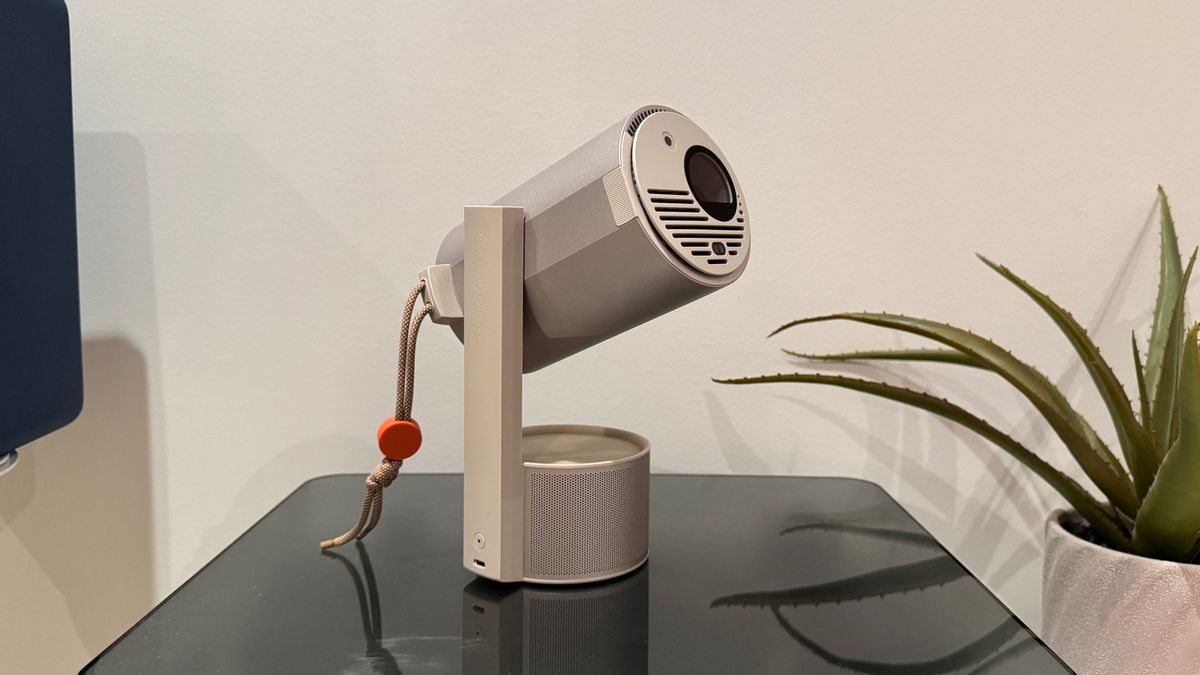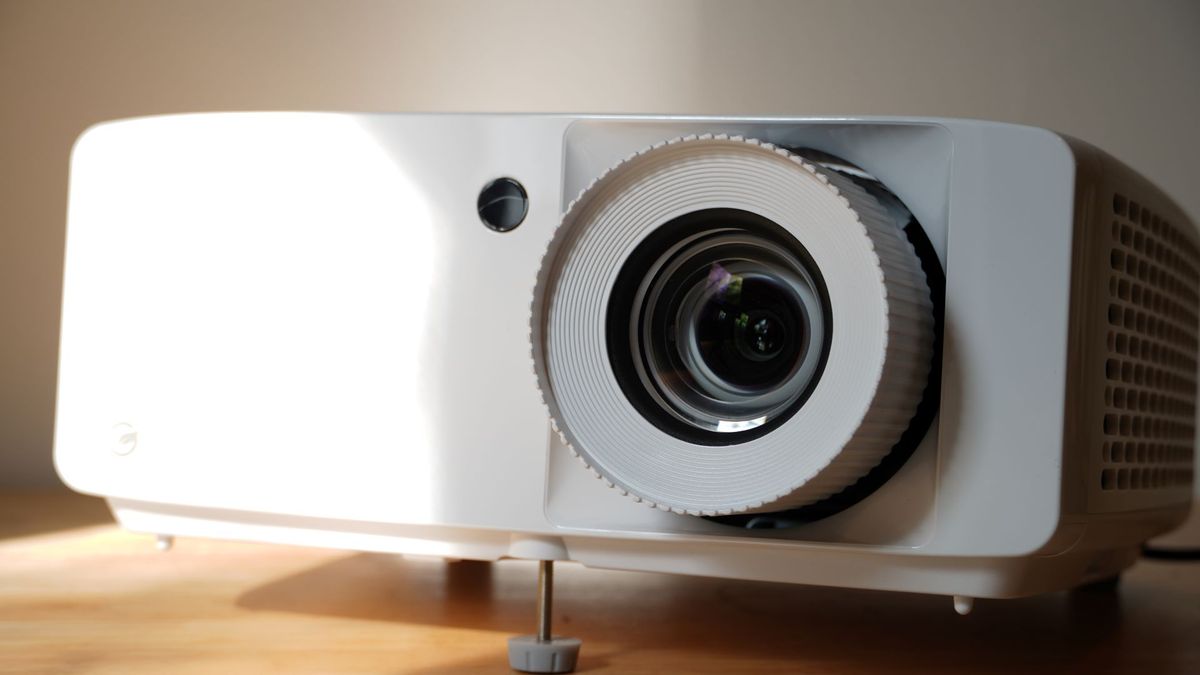Amazfit may not be a household name, but it’s been crushing it in the budget smartwatch space for a long time. And at CES 2025, the company is trying to outdo itself with the $99 Amazfit Active 2.
I was a big fan of the company’s GTR 4 watch — it wasn’t a looker, but it packed in an incredible amount of value for $200. I liked it so much that it’s sat comfortably as the top overall pick in our fitness tracker buying guide for two years. Compared to that watch, the Active 2 has even more functionality for half that price.
It’s got a bright 2,000 nit OLED display, upgraded health sensors, revamped heart rate and sleep algorithms, and the Zepp Flow AI assistant. There’s also a smarter strength training mode that can auto-detect sets, reps, and rest, offline maps with turn-by-turn directions, and personalized training plans via the Zepp Coach integration. For people with periods, there’s also a mini app in collaboration with Wild.AI, which delivers diet and exercise recommendations based on hormonal and menstrual cycles throughout a person’s life (i.e., reproductive years, perimenopause, and menopause). The watch also works in tandem with the company’s recently launched Helio smart ring, similar to how the Samsung Galaxy Ring optimizes sensor accuracy with its Galaxy Watches. European users will also get contactless payments via Zepp Pay, a feature that was notably missing from the GTR 4.
The display gets up to 2,000 nits of brightness.
You almost never find this kind of feature set for under $250. It’s bonkers that you can get it for $100.
Amazfit’s Active line, which launched last year, effectively replaces its popular GTR lineup (though you can still easily find GTR 4 models online). Style-wise, you can see that in how the Active 2 switches from the original Active’s square, Apple Watch-esque design to a more classic 44mm round watchface. The standard model comes with a tempered glass screen, stainless steel case, and a 20mm silicone sport band. The premium model costs $129 and upgrades the screen to a more durable sapphire glass and includes an additional leather strap. Compared to the Active, the Active 2 also adds more advanced hardware like a barometer, a gyroscope, and an ambient light sensor. Battery life isn’t quite as good, dropping to 10 days with normal use compared to 14 days. (That said, 10 days is still impressive compared to the competition.)
I wish the touchscreen were a little more responsive, but that’s been my only real complaint so far.
On paper, the Active 2 feels like it ought to have some kind of catch. However, I’ve been wearing the premium Active 2 for the last few days, and it’s quite nice. So far, performance has been zippy, it’s lightweight on the wrist, and I’ve already gotten several compliments from coworkers. Sometimes budget devices can look chintzy, and while no one would mistake the Active 2 for a luxury watch, it doesn’t look or feel as cheap as a $100–$150 smartwatch could. I’m still testing out the health and fitness features, but so far, it’s held up well on a handful of treadmill runs, and in the last three days, I’ve only used about 25 percent battery. I wish the touchscreen were a bit more responsive, but it’s nothing too egregious thus far. It’s too early for me to make a definitive call on the Active 2, but so far, it’s looking like it could be a compelling option for folks who want a simpler smartwatch without breaking the bank.
The Active 2 is available for preorder in the US now and will launch globally in February.

 1 week ago
12
1 week ago
12








 English (US) ·
English (US) ·